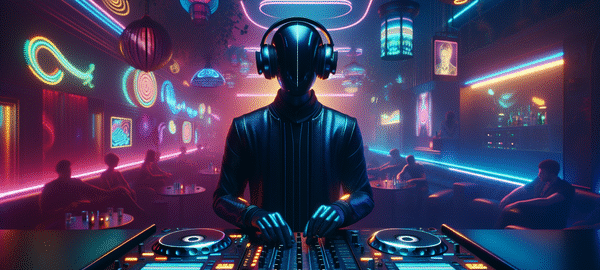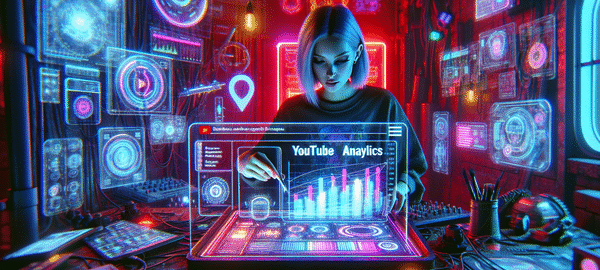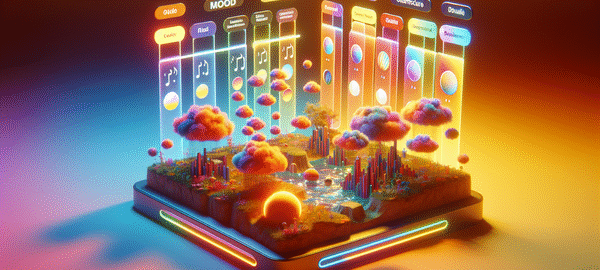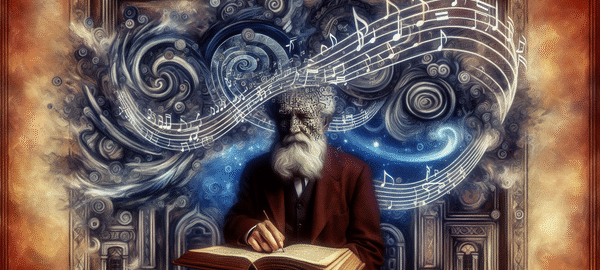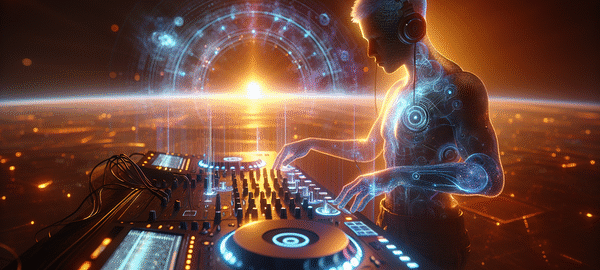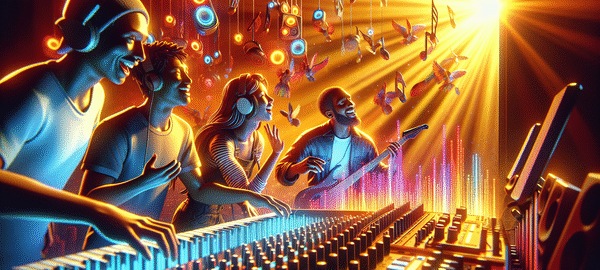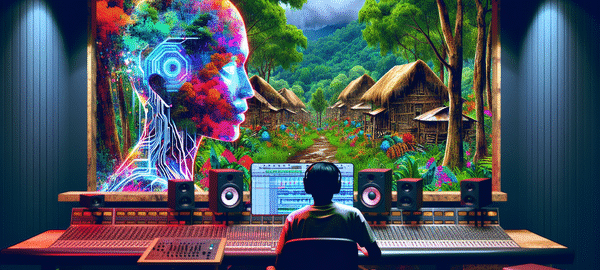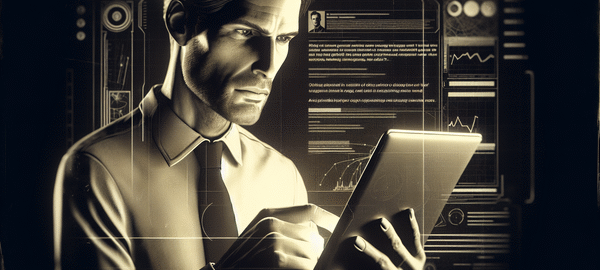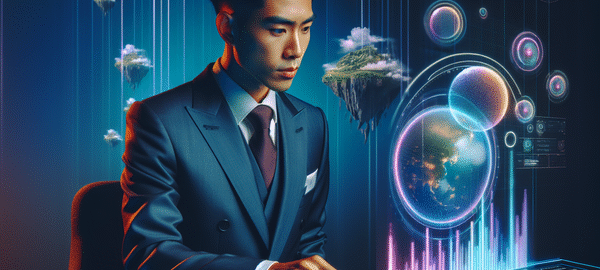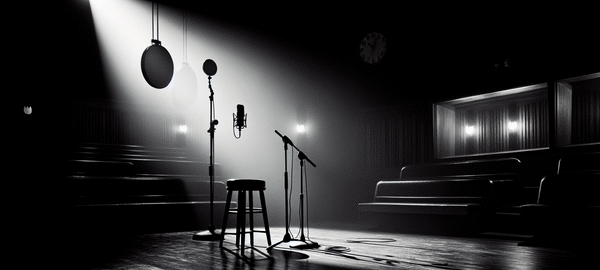Finally, DJs can break free from those tangled cables that limit their creative flow.
In a groundbreaking move that will transform DJ performances forever, AIAIAI has unveiled their first truly wireless DJ headphones. Much like how AI recently revolutionized dance music, these headphones are set to redefine how DJs interact with their craft.
As someone who’s performed countless shows, I can’t count the times I’ve nearly yanked my laptop off the DJ booth because of tangled headphone cables. One particularly memorable incident at a London club had me doing an impromptu dance move to catch my falling equipment!
Revolutionary Wireless DJ Headphones Transform Live Performance
Danish audio innovator AIAIAI has just dropped their game-changing TMA-2 DJ Wireless headphones, and they’re not just another pair of free-moving cans. These beauties pack an impressive 20-hour battery life and charge fully in just two hours – perfect for those marathon festival sets.
What sets these headphones apart is their ultra-low latency wireless technology, ensuring precise beatmatching and seamless mixing. Weighing just 217g, they’re designed for comfort during those extended sessions behind the decks. The 40mm bio-cellulose diaphragm delivers crystal-clear sound with punchy bass and crisp treble that cuts through the loudest venues.
According to AIAIAI founder Frederik Jorgensen in this exciting announcement, these headphones represent their commitment to ‘remove limitations for music creation and performance.’ Plus, anyone who bought TMA-2 headphones in the last decade can upgrade their units, showing AIAIAI’s dedication to sustainability.
Ready to Break Free?
The future of DJing is wireless, and AIAIAI’s TMA-2 DJ Wireless headphones are leading the charge. At £250, they’re an investment in freedom of movement and reliable performance. Are you ready to cut the cord and experience unrestricted creative flow? Share your thoughts on wireless DJ gear – I’d love to hear about your experiences with cable-free mixing!
Quick FAQ Guide
How long do AIAIAI’s wireless DJ headphones last?
The TMA-2 DJ Wireless headphones offer 20 hours of battery life on a single charge, with a full recharge taking just 2 hours.
Are wireless DJ headphones reliable for professional use?
Yes, AIAIAI’s TMA-2 DJ Wireless uses ultra-low latency technology to ensure precise beatmatching and mixing, making them suitable for professional DJ performances.
What’s the wireless range of the TMA-2 DJ headphones?
The TMA-2 DJ Wireless headphones have a 10-meter wireless range, allowing DJs plenty of freedom to move around their setup.
